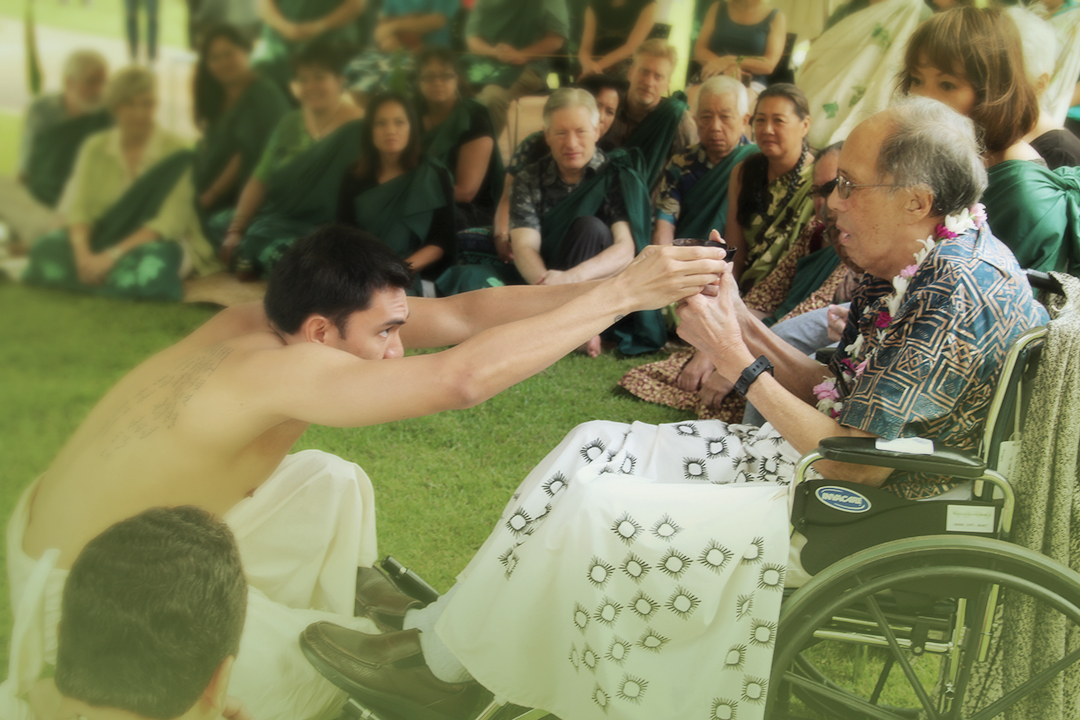
In 2002, Dr. Ed Cadman, then Dean of JABSOM, established Native Hawaiian Health (NHH) as an academic and medical program at the University of Hawaiʻi’s John A. Burns School of Medicine (JABSOM).
Generous financial support from The Queen’s Health System (QHS) helped the department take shape. Queen’s made an initial investment of $5 million dollars, which enabled JABSOM to form a clinical department. On October 16, 2003, the University of Hawaiʻi Board of Regents formally adopted the Native Hawaiian Health program.
Two preexisting JABSOM programs, ʻImi Hoʻōla: Post-Baccalaureate Program and the Native Hawaiian Center of Excellence under the respective leadership of Dr. Nanette Judd and Dr. Ben Young, became part of the newly formed NHH’s medical education activities. Dr. Marjorie Mau was appointed the founding Chair of NHH. Under her leadership, the department grew to become and is the only clinical department in an accredited U.S. medical school specifically dedicated to improving the health of an indigenous people, Native Hawaiians. Dr. Keawe‘aimoku Kaholokula became the chair of the Department of NHH in 2011.
NHH embraces multi-disciplinary approaches to address health disparities experienced by Native Hawaiians and other groups. The program integrates the biomedical, behavioral, psychosocial, and public health sciences with Hawaiian cultural knowledge and wisdom. It applies these sciences and Hawaiian cultural knowledge to its three divisions, which are supported by an administrative structure: Research, Medical Education, and Clinical Teaching and Patient Care Services. Each division has a demonstrated track record of strong community outreach.
In addition to the guidance of the medical school administration and departmental leadership, the Department of NHH seeks direction from the Community Advisory Board in recognition of the vital relationship with the larger community.